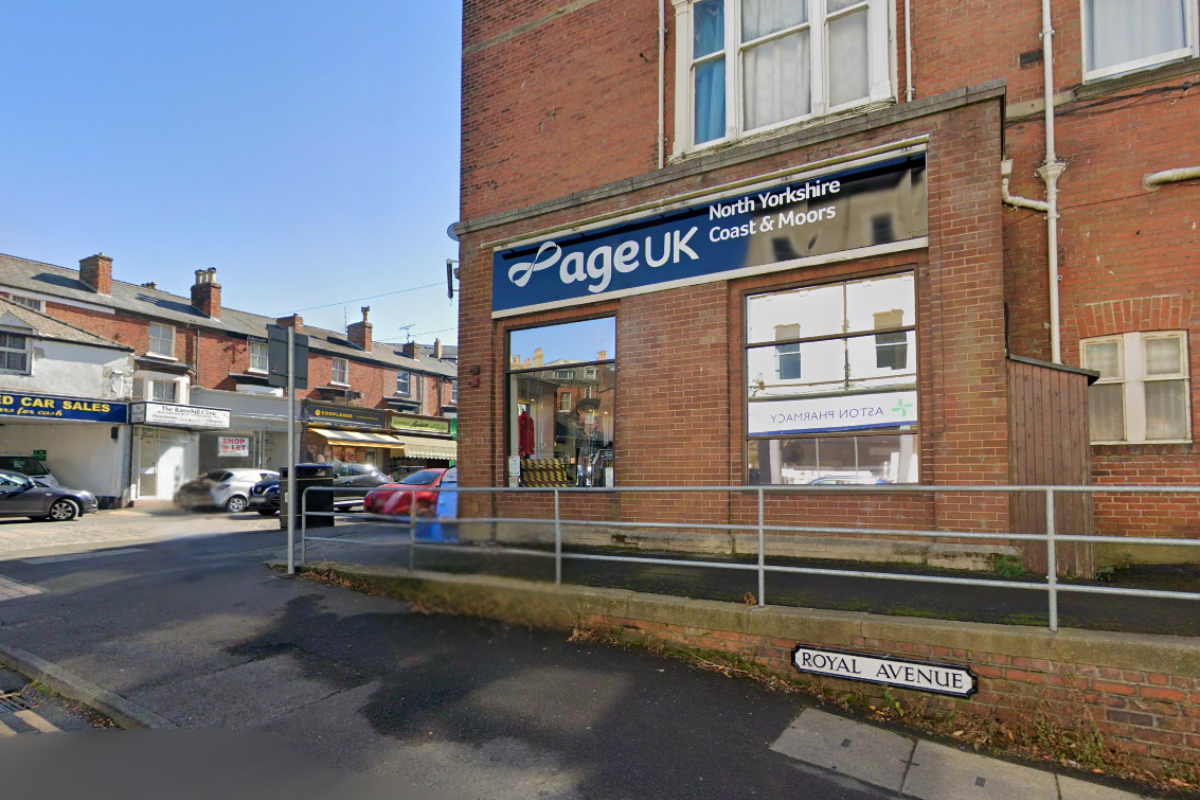The UK's cost of living crisis hangover is facing fresh pressure from the Israel-Iran conflict and growing tensions across the Middle East.
Whenever the region, particularly a major oil-producing country, is embroiled in some kind of fracas, the potential consequences are first seen in global oil prices.
The Middle East accounts for a third of world output.
Money latest: 'Unusual movement' in house prices
Iran's share of the total is only about 3%, but it is the second-largest supplier of natural gas.
Add to that its control of the key Strait of Hormuz shipping route, and you can understand why any military action involving Iran has huge implications for the global economy at a time when a US-inspired global trade war is already playing out.
What's happened to oil prices?
Global oil prices jumped by up to 13% on Friday as the Israel-Iran conflict ramped up.
It was the biggest one-day leap seen since Russia invaded Ukraine in February 2022, which gave birth to the energy-driven cost-of-living crisis.
From lows of $64 (£47) a barrel for Brent crude, the international benchmark, earlier this month, the cost is currently 15% higher.
Iran ships all its oil to China because of Western sanctions, so the world's second-largest economy would have the most to lose in the event of disruption.
Should that happen, China would need to replace that oil by buying elsewhere on the international market, threatening higher prices.
How are natural gas prices holding up?
UK day-ahead prices are 15% up over the past week alone.
Europe is more dependent on Middle East liquefied natural gas (LNG) these days because of sanctions against Russia.
The UK is particularly exposed due to the fact that we have low storage capacity and rely so much on gas-fired power to keep the lights on and for heating.
Israel-Iran latest: Tehran threatens to leave nuclear treaty
The day-ahead price, measured in pence per therm (I won't go into that), is at 93p on Monday.
It sounds rather meaningless until you compare it with the price seen less than a week ago - 81p.
The higher sum was last seen over the winter - when demand is at its strongest.
What are the risks to these prices?
Market experts say Brent crude would easily exceed $100 (£74) a barrel in the event of any Iranian threats to supplies through the Strait of Hormuz - the 30-mile wide shipping lane controlled by both Iran and Oman.
While Iran has a history of disrupting trade, analysts believe it will not want to risk its oil and gas income through any blockade.
What do these price increases mean for the UK?
There are implications for the whole economy at a time when the chancellor can least afford it, as she bets big on public sector-led growth for the economy.
We can expect higher oil, gas and fuel costs to be passed on down supply chains - from the refinery and factory - to the end user, consumers. It could affect anything from foodstuffs to even fake tan.
Increases at the pumps are usually the first to appear - probably within the next 10 days. Prices are always quick to rise and slow to reflect easing wholesale costs.
Energy bills will also take in the gas spike, particularly if the wholesale price rises are sustained.
The energy price cap from September - and new fixed-term price deals - will first reflect these increases.
Read more:
How conflict between Israel and Iran unfolded
UK advises against all travel to Israel
Explosions over Jerusalem as missiles 'detected' by IDF
How does this all play out in the coming months?
So much depends on events ahead.
But energy price rises are an inflation risk and a potential threat to future interest rate cuts.
While LSEG data shows financial markets continuing to expect a further two interest rate cuts by the Bank of England this year, the rate-setting committee will be reluctant to cut if the pace of price growth is led higher than had been expected.
At a time when employers are grappling with higher taxes and minimum pay thresholds, and consumers a surge in bills following the 'awful April' hikes to council tax, water and other essentials, a fresh energy-linked inflation spike is the last thing anyone needs.

(c) Sky News 2025: Israel-Iran conflict poses new cost of living threat - here's why




 US-UK trade deal 'done', says Trump as he meets Starmer at G7
US-UK trade deal 'done', says Trump as he meets Starmer at G7
 Octopus boom along England's southwest coast down to 'perfect storm'
Octopus boom along England's southwest coast down to 'perfect storm'
 Iran's response to Israeli strikes a 'matter of principle', ambassador to UK says
Iran's response to Israeli strikes a 'matter of principle', ambassador to UK says
 Whitehall officials tried to convince Michael Gove to go to court to cover up grooming scandal in 2011
Whitehall officials tried to convince Michael Gove to go to court to cover up grooming scandal in 2011
 Trump mobile service announced - with cost of gold smartphone revealed
Trump mobile service announced - with cost of gold smartphone revealed
 David Beckham says knighthood 'truly humbling' - as rock star and acting great also honoured
David Beckham says knighthood 'truly humbling' - as rock star and acting great also honoured











